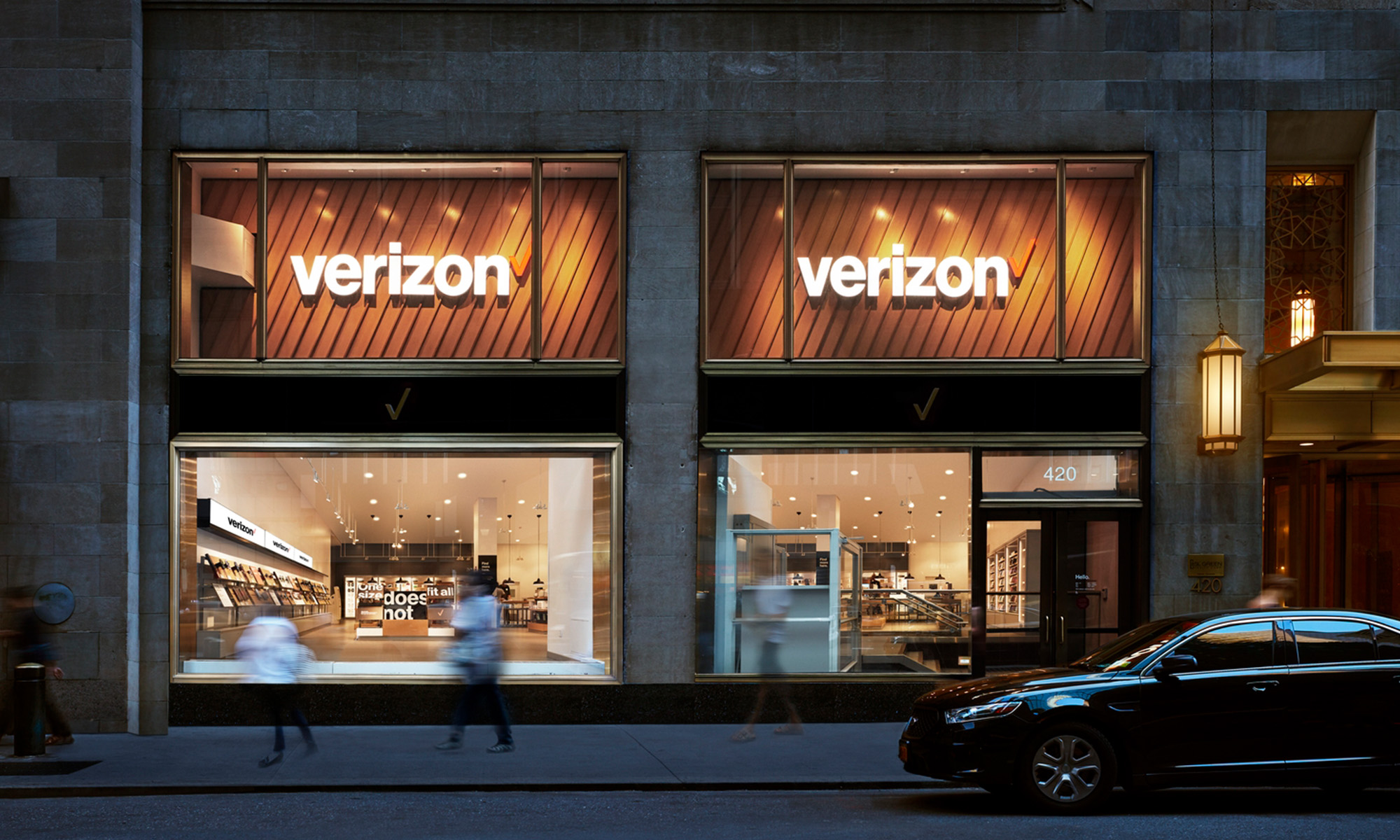And the telco tollbooths keep on coming.
Engadget is hearing that Verizon Wireless -- the market-leading carrier partnership between Verizon (NYSE: VZ) and Vodafone (NYSE: VOD) -- is about to follow AT&T's (NYSE: T) lead in axing unlimited data plans for new customers.
In a move expected to be announced next week, Verizon will be introducing tiered pricing to its new data-chomping customers.
Tiers? Tiers of a clown, I say.
Anatomy of an AT&T breakdown
When AT&T shut down its cyberspace buffet last month, it argued that it would be saving its customers money. Its new $25 monthly plan for 2 gigabytes of data -- replacing its $30 plan for unlimited online access -- would be more than enough for all but 2% of its wireless customers. The data hog minority was taxing its overextended network, and this was supposed to be a "tax the uber rich" approach to appease the masses.
I wasn't the only cynic that didn't buy what AT&T was dishing out. If AT&T would be charging less, barring some flood of nondata consumers signing up for the slight price reduction, wouldn't it be making less? Where was the revised guidance? Where were the model-tweaking analysts?
Turning smartphones into cab meters isn't going to make wireless carriers less money. However, if I'm right, it won't exactly be making them more money either. If Verizon follows AT&T's lead, you will soon see a smartphone audience that is suddenly gun-shy about surfing the Web the next time someone needs a nearby restaurant recommendation or to dig deep enough to find that last enjoyable Nicolas Cage flick.
A common pro-AT&T point raised during my anti-AT&T rant last month was that folks weren't leaning on their costly "unlimited" data plans because they were often using their smartphones off AT&T's 3G network in residential and commercial Wi-Fi hot spots. In fact, some of Apple's (Nasdaq: AAPL) streaming apps and features won't even work through AT&T's gassed network -- including iPhone 4's ballyhooed video chat platform.
Connect the dots, people. If wireless carriers begin capping usage, isn't it just a matter of time before broadband providers follow suit? Every page loaded on your smartphone -- or computer -- will sound like a ticking clock.
We're about to become Europe, Bunky -- without the culture and bad teeth.
The high price of low tiers
There will be some serious winners and losers if the AT&T and apparently Verizon snowballs begin to roll downhill.
On the upside, load up on Sirius XM Radio (Nasdaq: SIRI). As wireless plans start to tick, Pandora through a smartphone is no longer going to be the free aural alternative to terrestrial radio that it is today.
If today's carriers become tomorrow's residential access providers, cash out on Netflix (Nasdaq: NFLX). The company's digital streaming smorgasbord isn't going to seem as valuable when folks actually have to pay up to stream a mediocre indie flick from 1998.
More importantly, the online user's psychology will be tweaked. Someone may check a baseball score, but no longer refresh automatically to stay abreast of the game. Facebook posts will be orphaned, and rare photo uploads will go unviewed. Venture capital backing for the next wave of promising dot-com upstarts will dry up because the very viral nature of the Internet will catch a cold.
Is this the Internet that you want? Does Silicon Valley not realize what AT&T and Verizon are doing? When the Internet grows up, the last thing it wants to be is a tapas bar for small nibbles before moving on.
Apple has too much at stake. Google (Nasdaq: GOOG) has too much at stake. The two have invested too much in their smartphone and fledging mobile advertising platforms to take this lying down. Entire industries will start to crumble as consumers count their bandwidth like dieters pace their caloric consumption.
Apple should punish AT&T for last month's move that changed the dynamics of its premium 3G iPads. If Verizon truly follows suit, it may as well be on the lookout for a third carrier to lead next summer's iPhone 5 revolution.
Time is ticking -- like so many wireless data plans these days.
Can the smartphone market survive the end of unlimited data? Share your thoughts in the comments box below.









